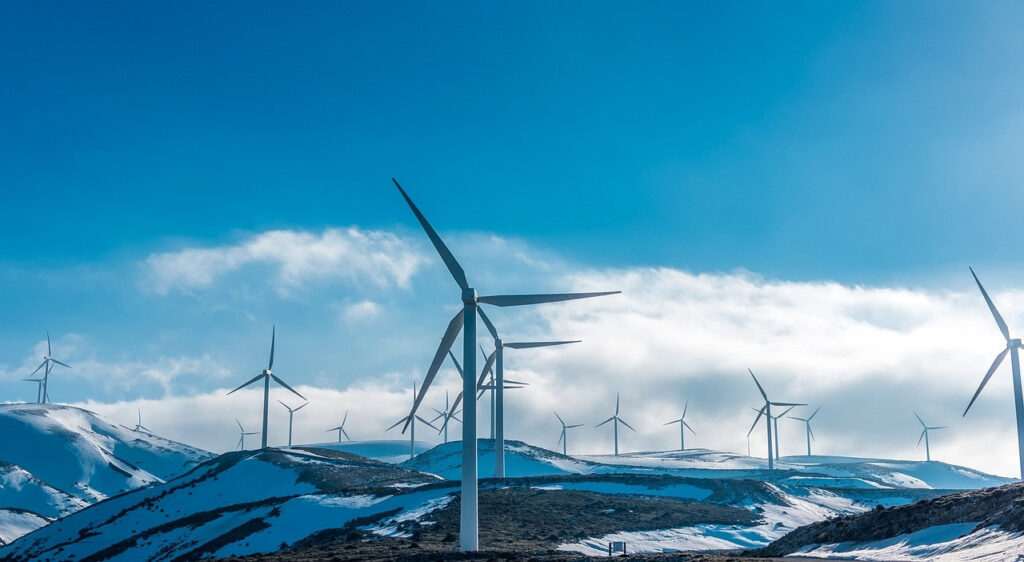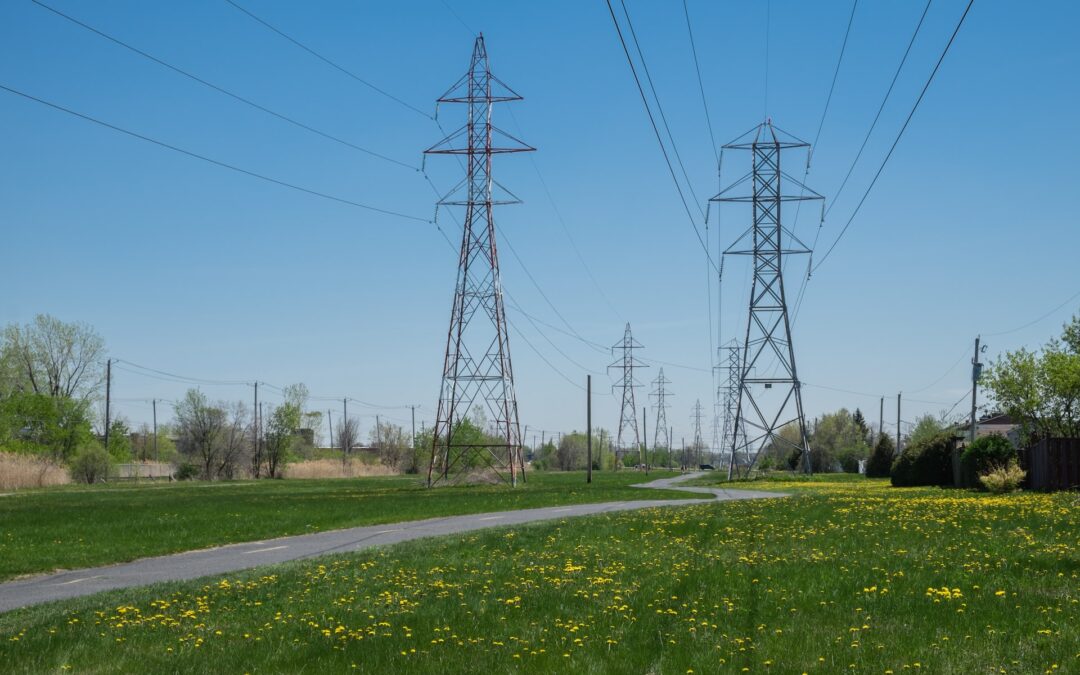The escalating heatwaves sweeping through Vietnam have triggered a cascade of energy-related challenges, including reduced energy generation, heightened energy consumption, and a greater dependence on fossil fuels. To counter these effects, Vietnam can adopt a two-pronged strategy involving investments in renewable energy and the promotion of energy conservation practices.
The intensifying heatwaves in Vietnam have brought about a surge in energy demand, primarily driven by the need for air conditioning and cooling mechanisms. Consequently, this heightened demand has led to frequent power outages, casting a detrimental impact on the country’s economy. In response, Vietnam has been striving to augment the utilization of clean energy sources to cope with the escalating demand. The nation is also exploring the diversification of energy resources, accompanied by the implementation of enhanced incentives and tariff structures. Nevertheless, the soaring temperatures have substantially curtailed hydroelectric power generation within the country, prompting a need for a comprehensive approach to bolster energy production and meet the surging energy requirements.
Enhancing Energy Production Amidst Vietnam’s Heatwaves
The burgeoning heatwaves in Vietnam have spurred an augmented need for air conditioning and cooling technologies, driving up energy consumption and potentially leading to power supply shortages. These outages can inflict severe setbacks on economic growth by impeding consistent power supply to businesses and industries. Vietnam can embark on a multifaceted strategy to bolster energy production:
Government Incentives for Renewable Energy
By providing incentives and support for renewable energy initiatives, the government can expedite the transition towards cleaner energy sources, thereby offsetting the energy demand surge.
International Collaborations
Collaborating with neighboring countries like Laos and Cambodia for electricity imports can help meet the escalating energy demands and decrease reliance on fossil fuels.
Public Awareness
Raising public awareness about energy conservation through educational campaigns and incentives for both households and businesses can play a pivotal role in curbing excessive energy use.
Optimizing Power Plants

Operating existing power plants at maximum capacity, coupled with efficient maintenance practices, can enhance energy efficiency and output.
Leveraging Renewable Resources
Capitalizing on Vietnam’s abundant solar and wind energy potential can provide flexible solutions to meet peak energy demands during heatwaves. Surplus renewable energy can also be channeled into the grid to augment overall efficiency.
Energy Storage and Grid Enhancements
Investing in energy storage technologies and grid improvements can bolster energy resilience and aid in managing peak demand more effectively.
Sustainable Line Construction Hardware
Employing line construction hardware composed of durable materials like steel, aluminum, or galvanized steel can enhance the longevity and reliability of power infrastructure, contributing to a more stable energy supply.
Consequences of Heatwaves on Vietnam’s Energy Strategy
Heatwaves wield several consequences on Vietnam’s energy landscape, encompassing escalated energy demand, amplified power outages, and an escalated reliance on fossil fuels. To mitigate these ramifications, the government is orchestrating a multi-pronged approach encompassing renewable energy, grid enhancement, and energy conservation.
Escalated Electricity Demand
Heatwaves precipitate a surge in electricity requirements, straining the power grid and fostering the emergence of blackouts or brownouts.
Amplified Fossil Fuel Usage
During power shortages, the nation turns to fossil fuels for electricity generation, resulting in heightened air pollution and greenhouse gas emissions.
Diminished Hydropower Generation
As heatwaves lead to reduced water levels, the production of hydropower—a mainstay of Vietnam’s energy portfolio—is adversely impacted.
Rising Electricity Costs
The confluence of heightened electricity demand and reduced output from renewable sources drives up electricity costs for households and businesses alike.
Conclusion
To secure Vietnam’s energy future in the face of mounting heatwaves, a concerted effort toward renewable energy integration, grid fortification, and energy-conscious practices is imperative. By adopting a comprehensive strategy, Vietnam can insulate itself against the adverse effects of climate-induced heatwaves and advance towards a sustainable energy landscape.
Heatwaves increase cooling demand, raise energy consumption, strain power plants, and can lead to outages.
Invest in renewables, modernize grids, raise awareness, optimize power plants, and collaborate for electricity imports.
Proper line hardware ensures stable power installations, using durable materials for reliability and safety.


